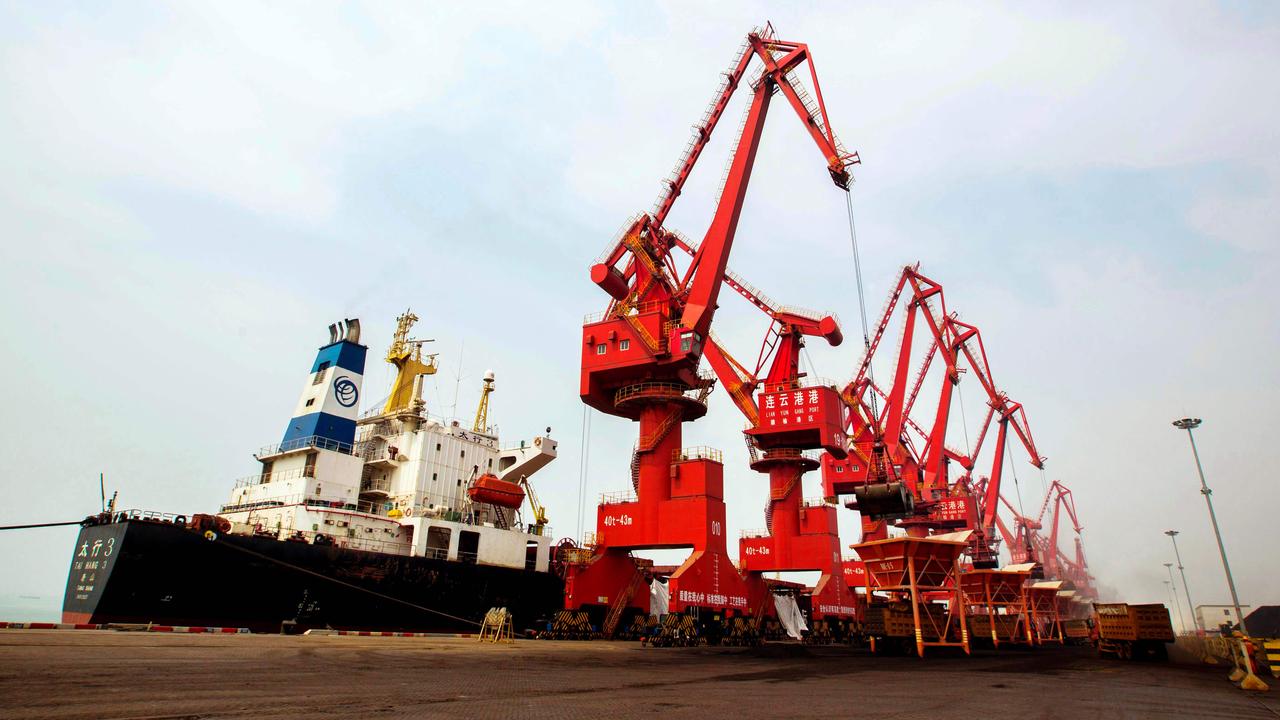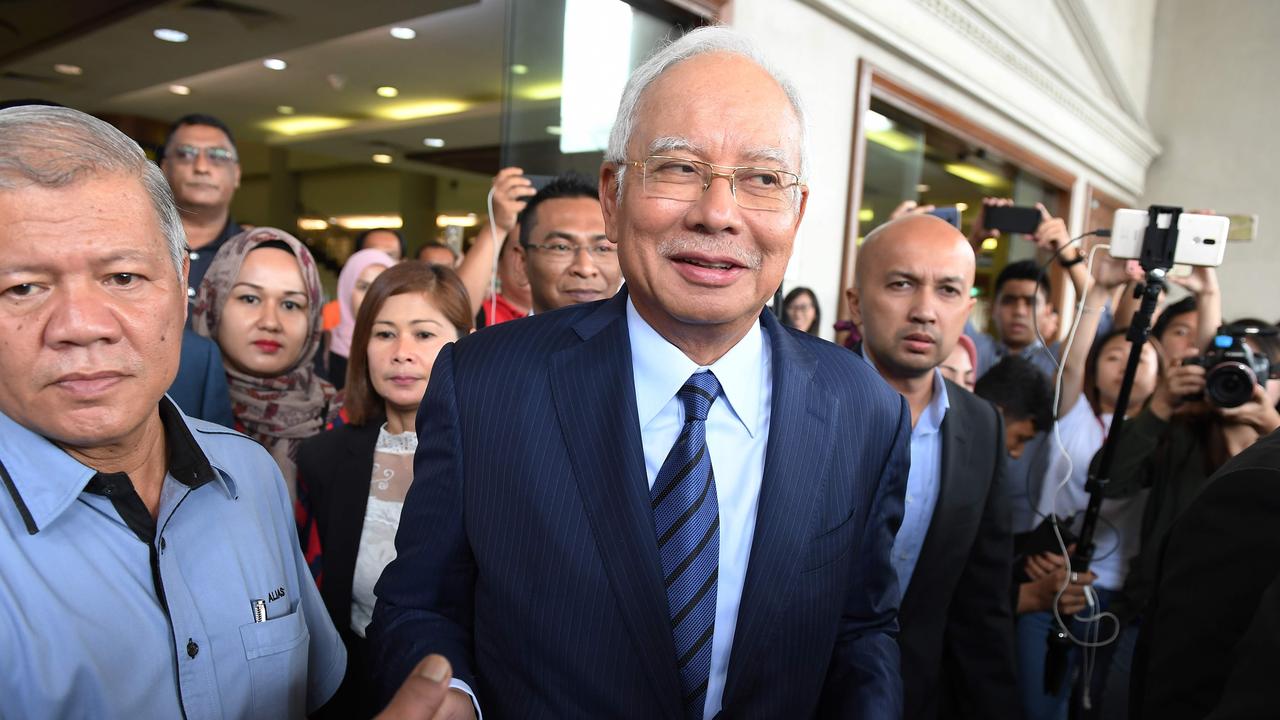New Xi Jinping era puts China first
President Xi Jinping’s plans are sparking plenty of debate in China.

China’s economic policy is heading through a period, after the Communist Party congress, of continuity on the surface but steadily building change within.
But the new ubiquitous slogan, Xi Jinping Thought on Socialism with Chinese Characteristics for the New Era, is inciting fervent studies at all levels of Chinese society — including in the business community — about what socialism means today, what Chinese characteristics might involve and what is new in this “new era”.
Steve Tsang, director of the SOAS China Institute at London University, says: “In this new era, the Chinese Communist Party is confident of its own socialist developmental model. It no longer looks outside its borders for inspiration, and it emphatically rejects any democratic or Western model. Instead, Xi now feels China should openly assert itself. It is the era of putting China first and making China great again.”
Markets — equity, currency, rates, even the most politically sensitive: housing — will continue to set prices. But within a range. Above and below that range, the regulators and policy setters will step in.
During this time of reassessment, many long-agreed positions on the economy are being recast.
One of the more comprehensive exercises in rethinking, especially in terms of the US relationship, has come from a figure whose former economic analyses of China were among the most influential — Yukon Huang.
He became World Bank country director for China after Russia. He was principal adviser for the “China 2030” report, laying out in 2012 reform priorities for the country. It was published jointly by China’s State Council and the World Bank, and was widely applauded as persuasive. Few of its recommendations have been implemented cohesively.
Now a senior fellow with the Carnegie Endowment in Washington, Huang has just written a very different book: Cracking the China Conundrum: Why Conventional Economic Wisdom Is Wrong.
Huang says China “is not a country that changes dramatically, but over time.”
While it is trying harder than almost any other country to be innovative, he says, the innovation component of its growth is diminishing because that growth is relying more on other stimulating inputs. “But China’s technical adaptation is in a class by itself,” he says. “It’s why China is different, its ability to make money from advanced technology.”
That has been achieved in part by stealing intellectual property, he says. “The East Asia Miracle economies all stole, until they became rich.” China hasn’t yet reached that point. “The cost of becoming innovative has increased, thus so has the incentive to steal.”
While China has a high debt-to-GDP ratio of 260 per cent, he says that is relatively low compared with developed economies. “The speed of increase is the biggest issue,” he says. “And the price of land is the key indicator. Its value is the underlying cost of development” and affects the corporate sector (the key driver of Chinese debt) and households.
Since land auctions started in 2004, he says, overall land values have risen 600 per cent, accompanied by the arrival of shadow banking, 80 per cent of whose lending is for land and real estate. This debt is rising faster than GDP. “So China’s debt surge is part of its financial deepening, making it more like other economies. We thus need to compare debt with assets, not just with GDP. Risks remain, but China’s debt to asset ratio is falling.”
The land remains state-owned, but leased. China’s debt is parked in domestic banks, he says. Mass household withdrawals would create a crisis, but strong capital controls remain.
While China does not feel assured of being able to tap overseas markets, it maintains big reserves. Its import growth is 10 per cent a year, compounded. How, then, is its consumption falling, to 35 per cent of GDP, half that in Western economies?
Urbanisation is the answer, he says. Established residents in large cities save 25 per cent of income, but migrant workers typically save half of their greatly increased incomes — while still consuming more than when back in the countryside. The statistics show higher savings, while spending is actually rising.
High-speed rail — while at first criticised as over-investment — is now delivering the connectivity that is at last helping central China lift off economically towards coastal standards of living.
The core challenge for China today, Huang says, is not risks to its banking system, but its local level budgetary vulnerability.




To join the conversation, please log in. Don't have an account? Register
Join the conversation, you are commenting as Logout